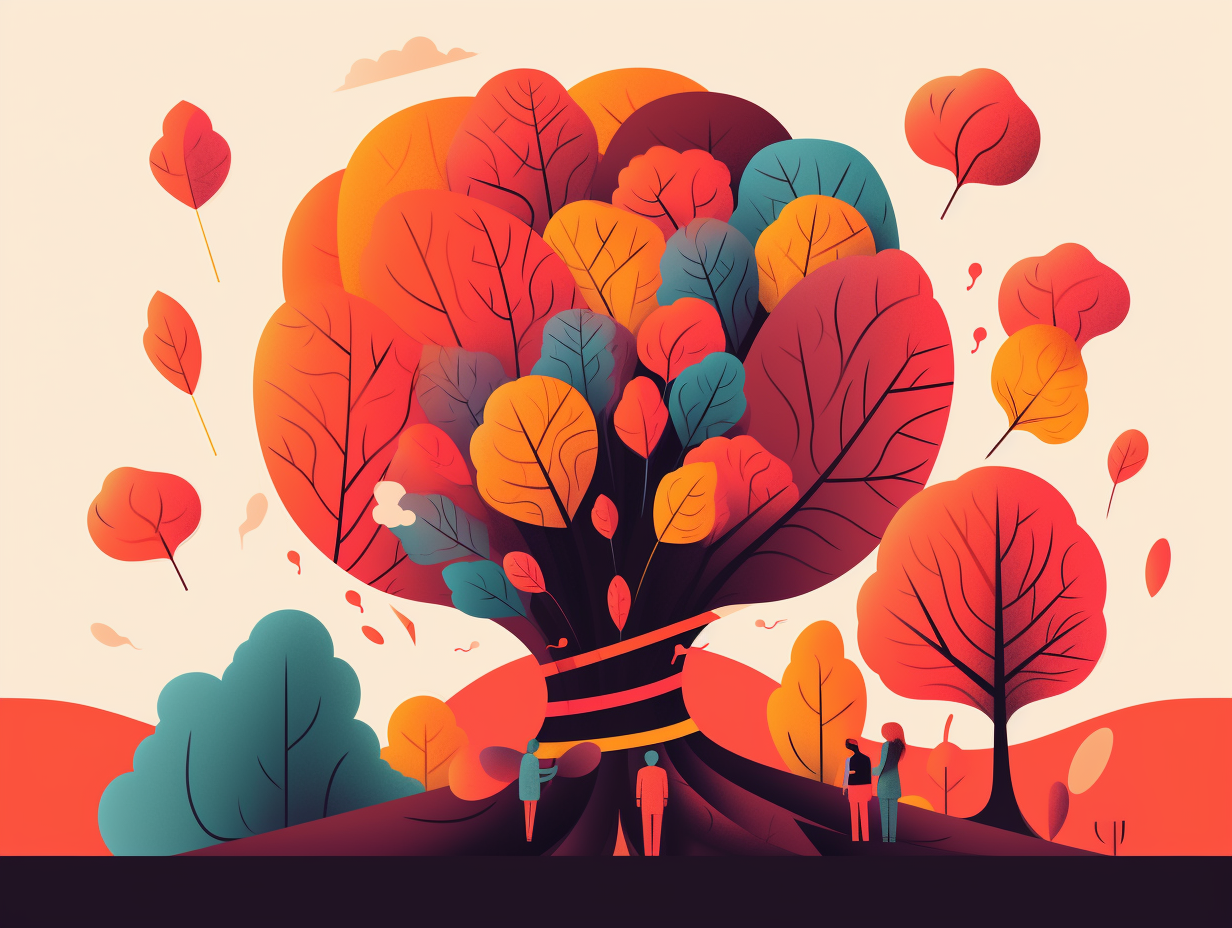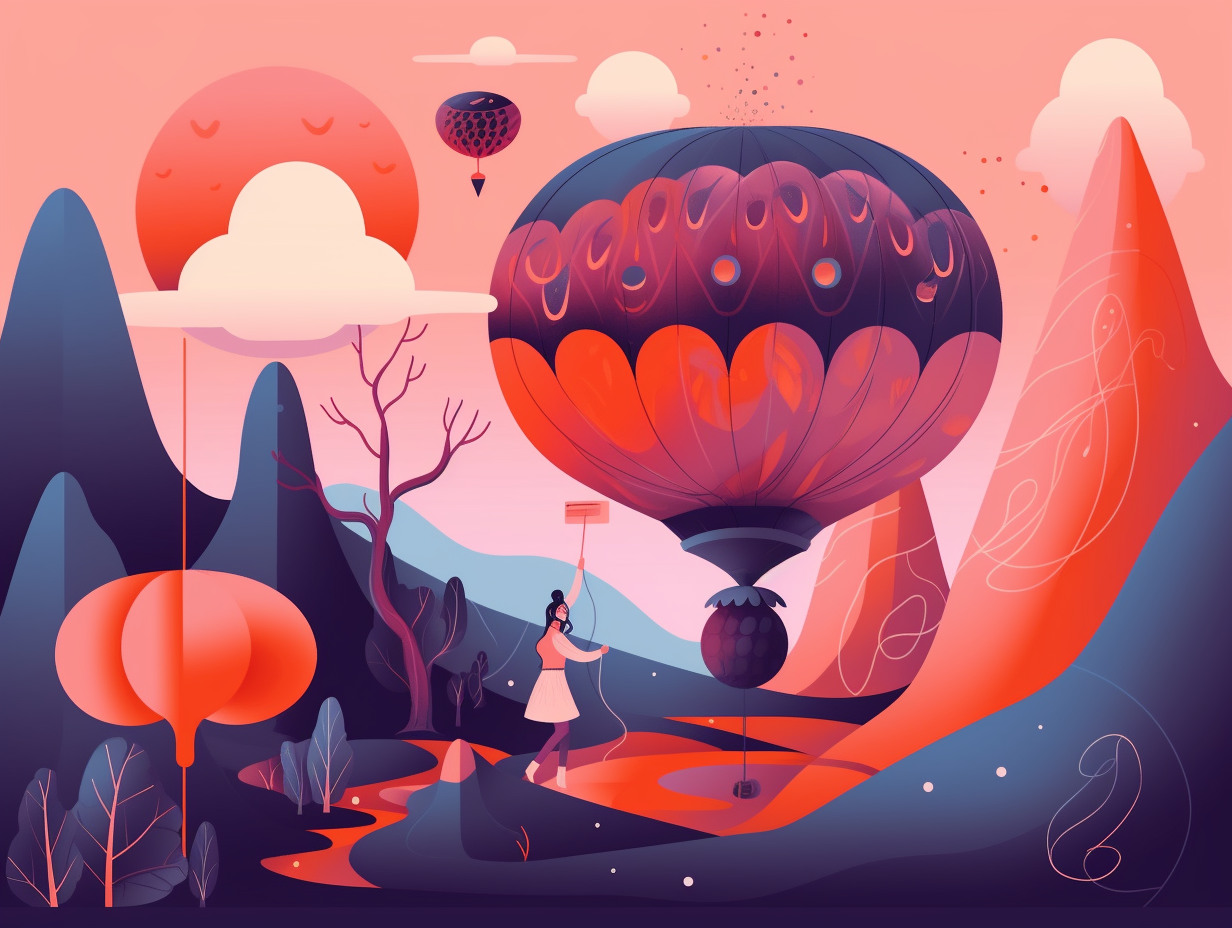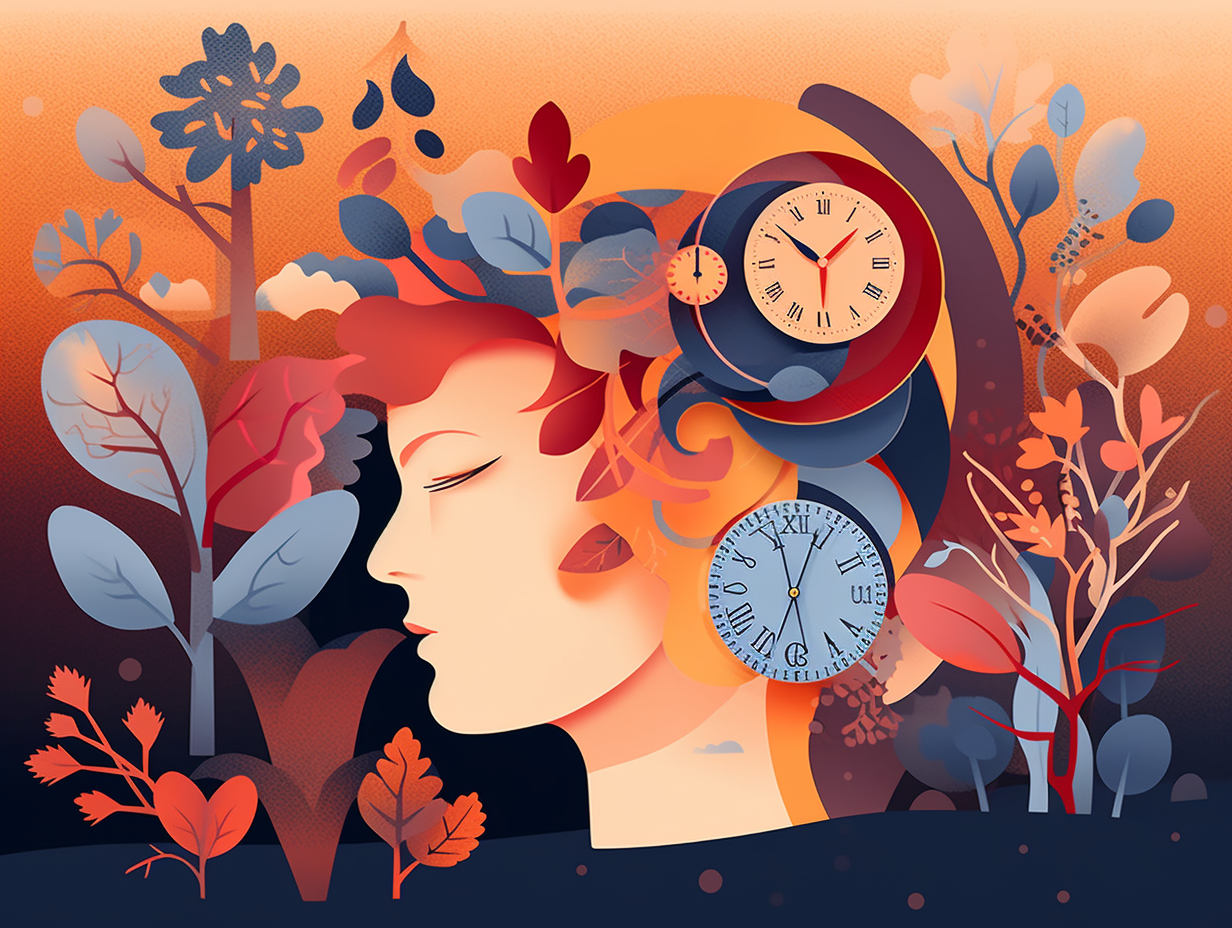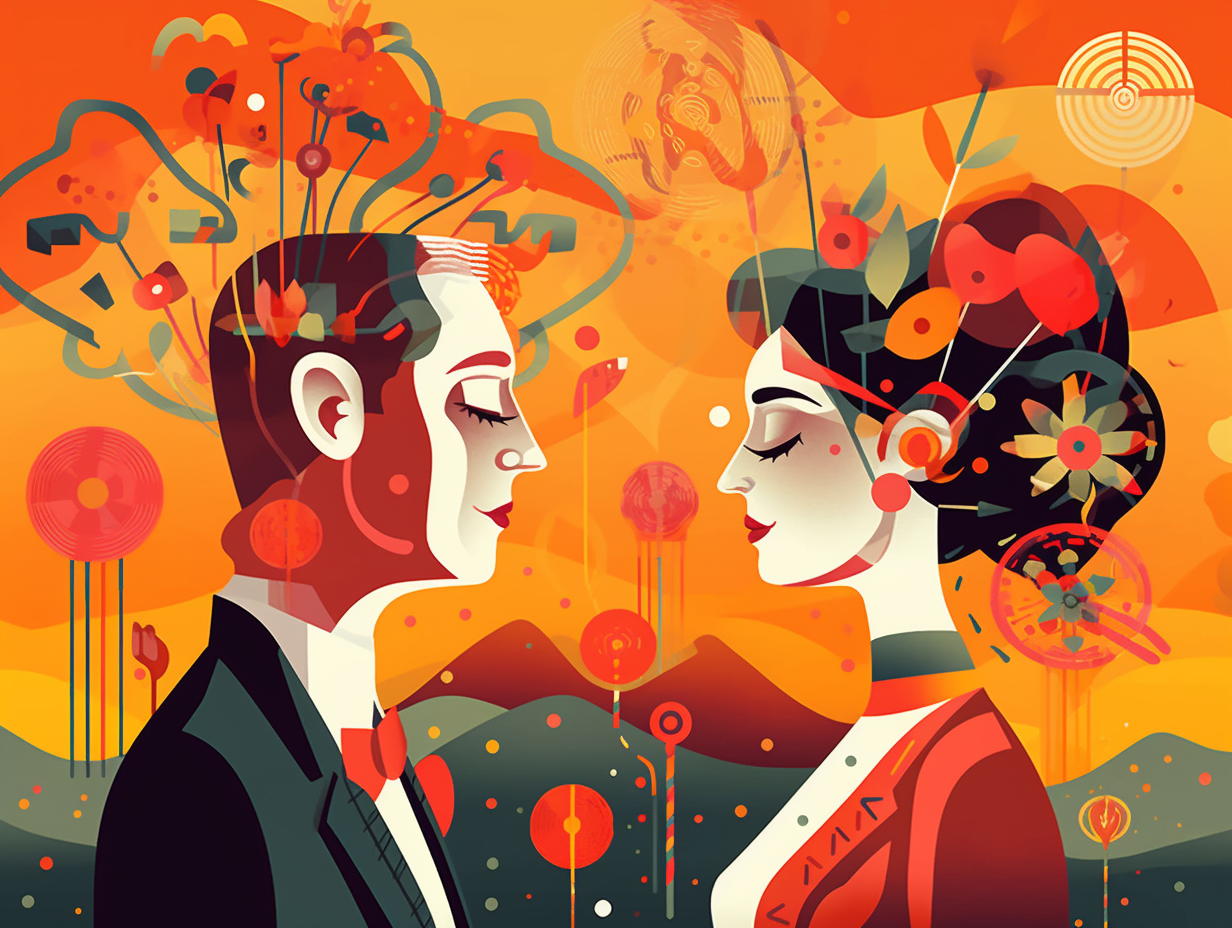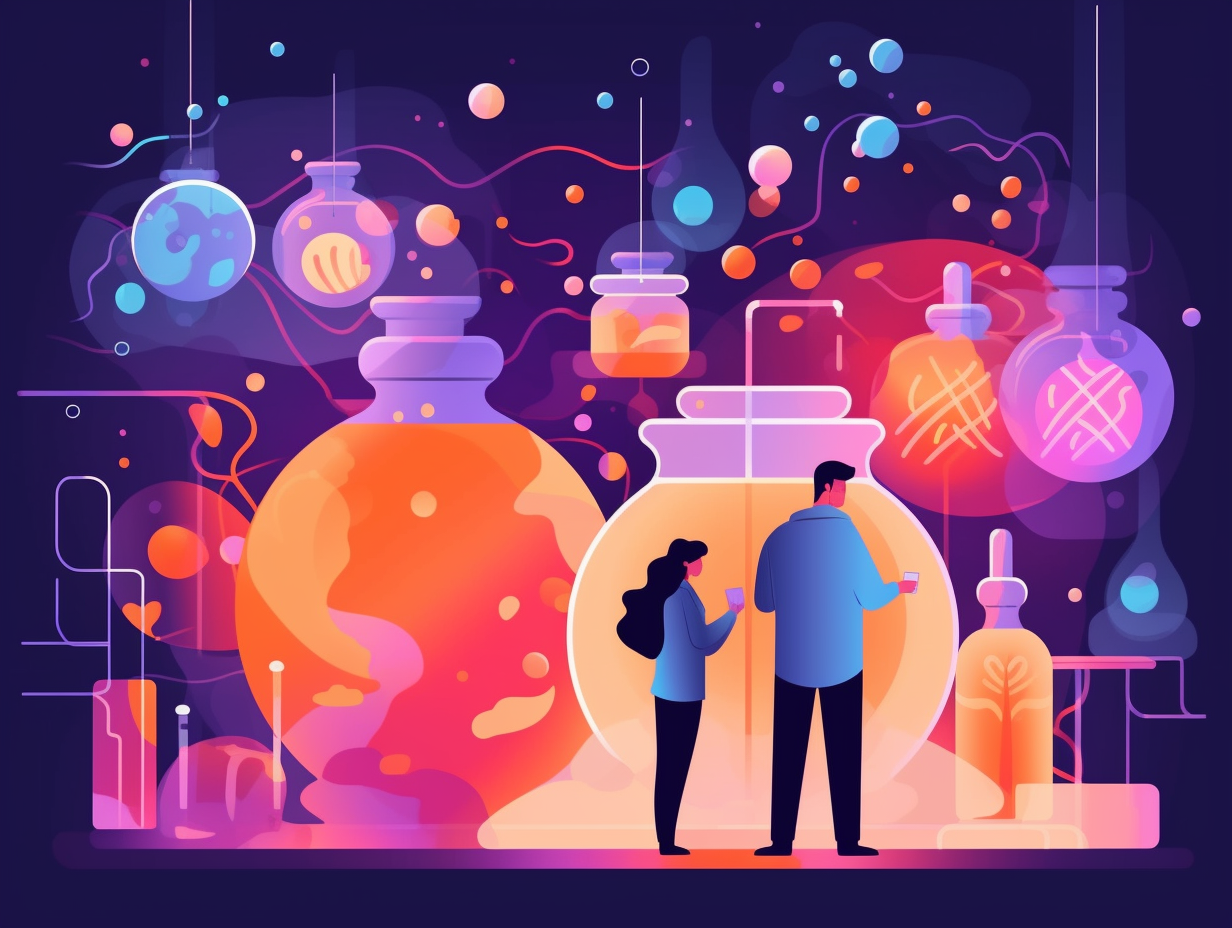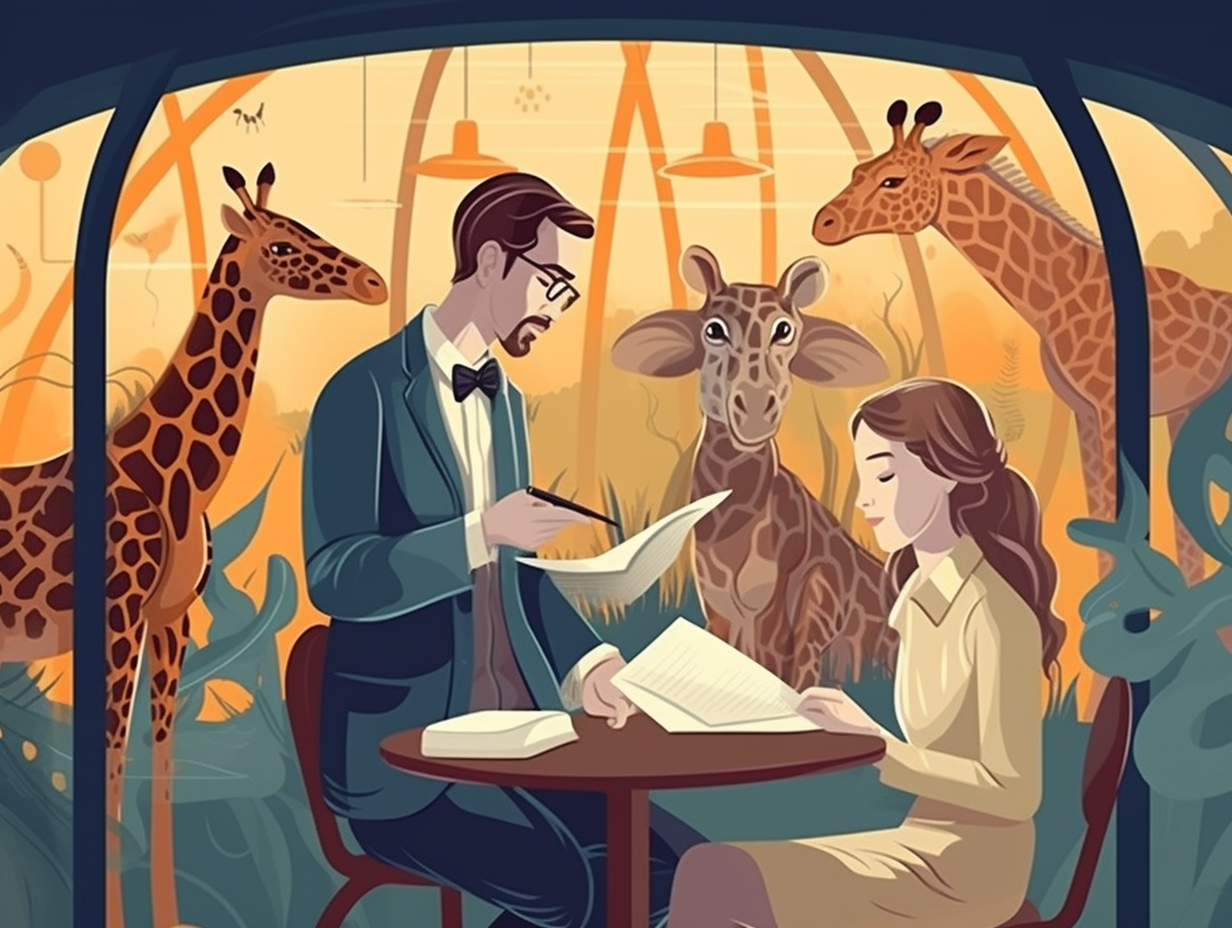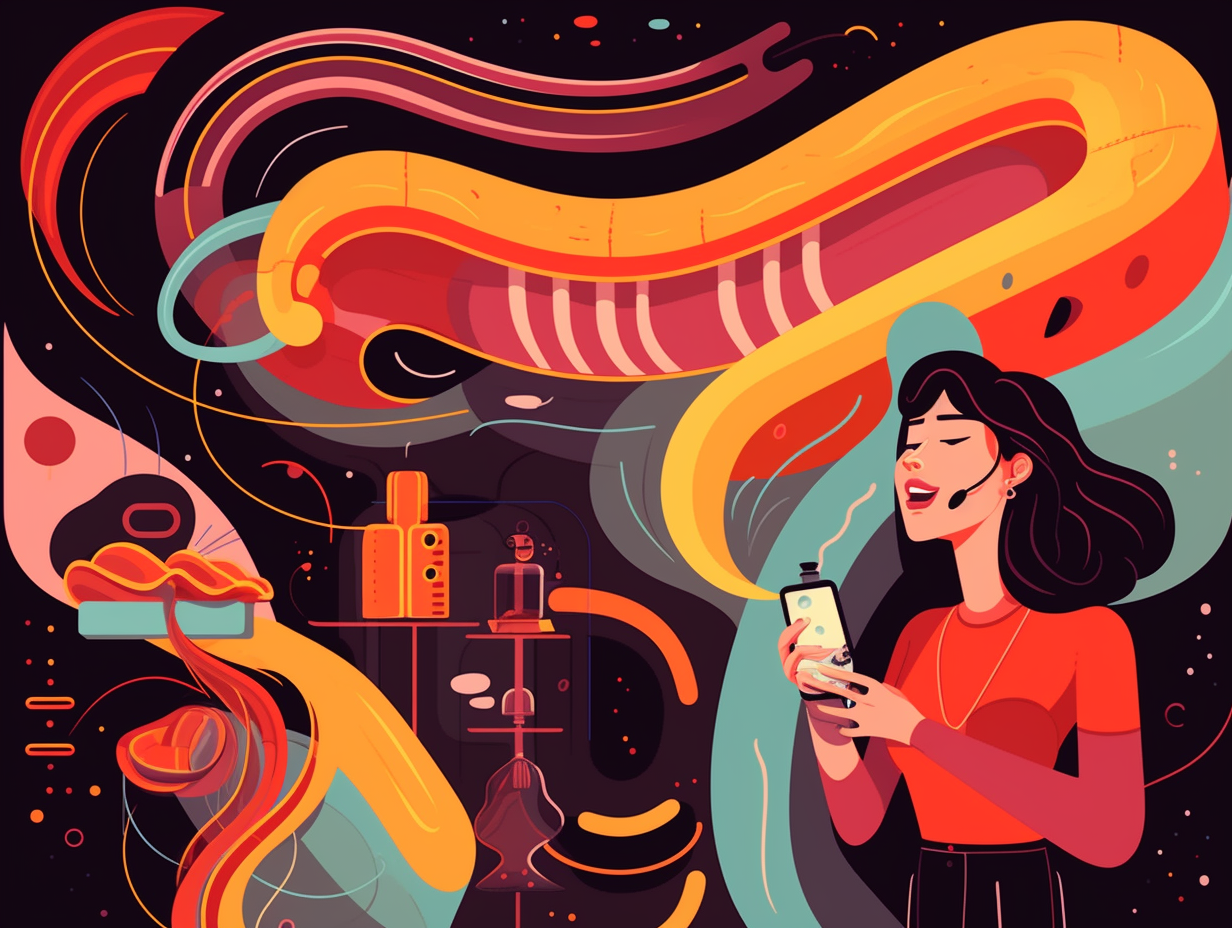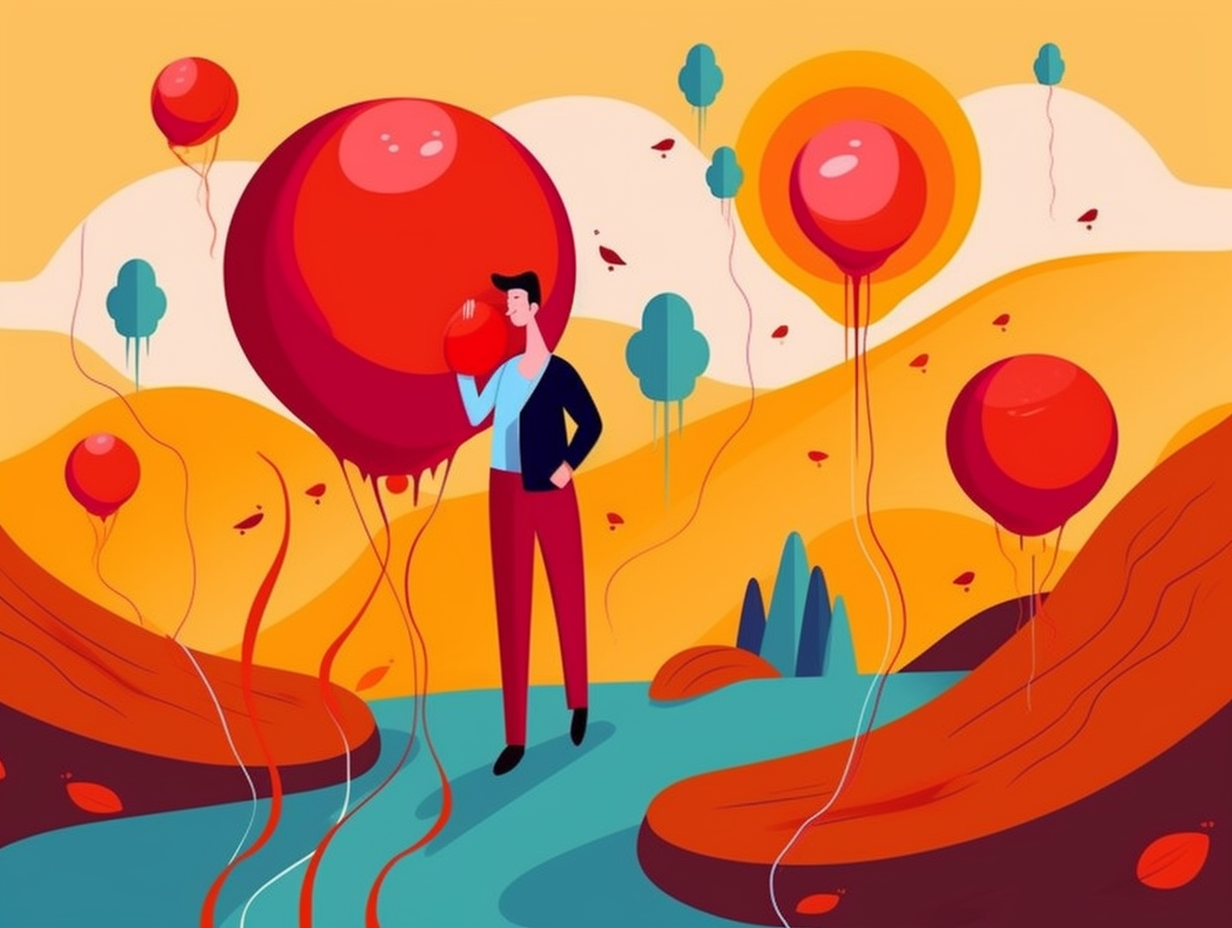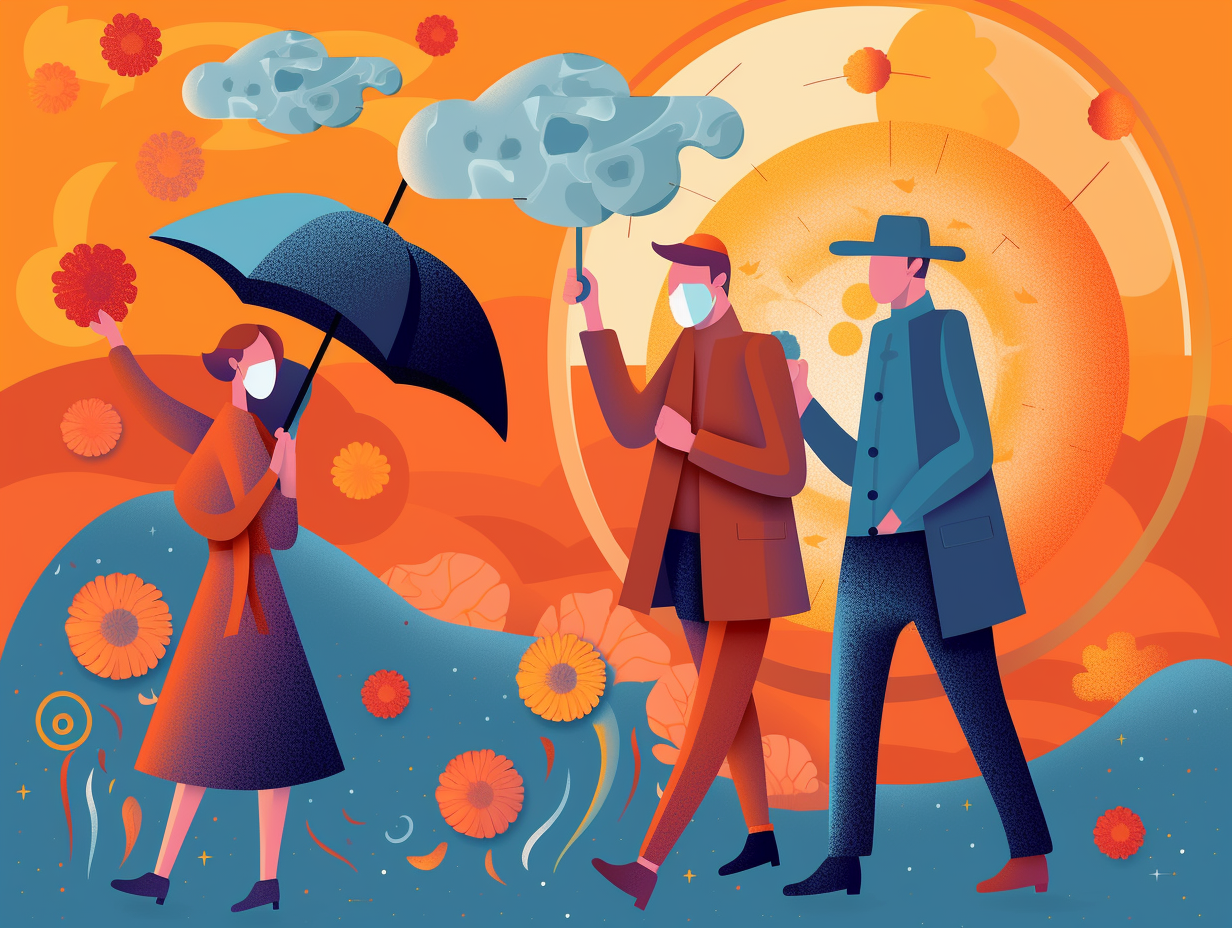Top 23 Mind-Blowing Fun Facts About the Brain You Won't Believe!
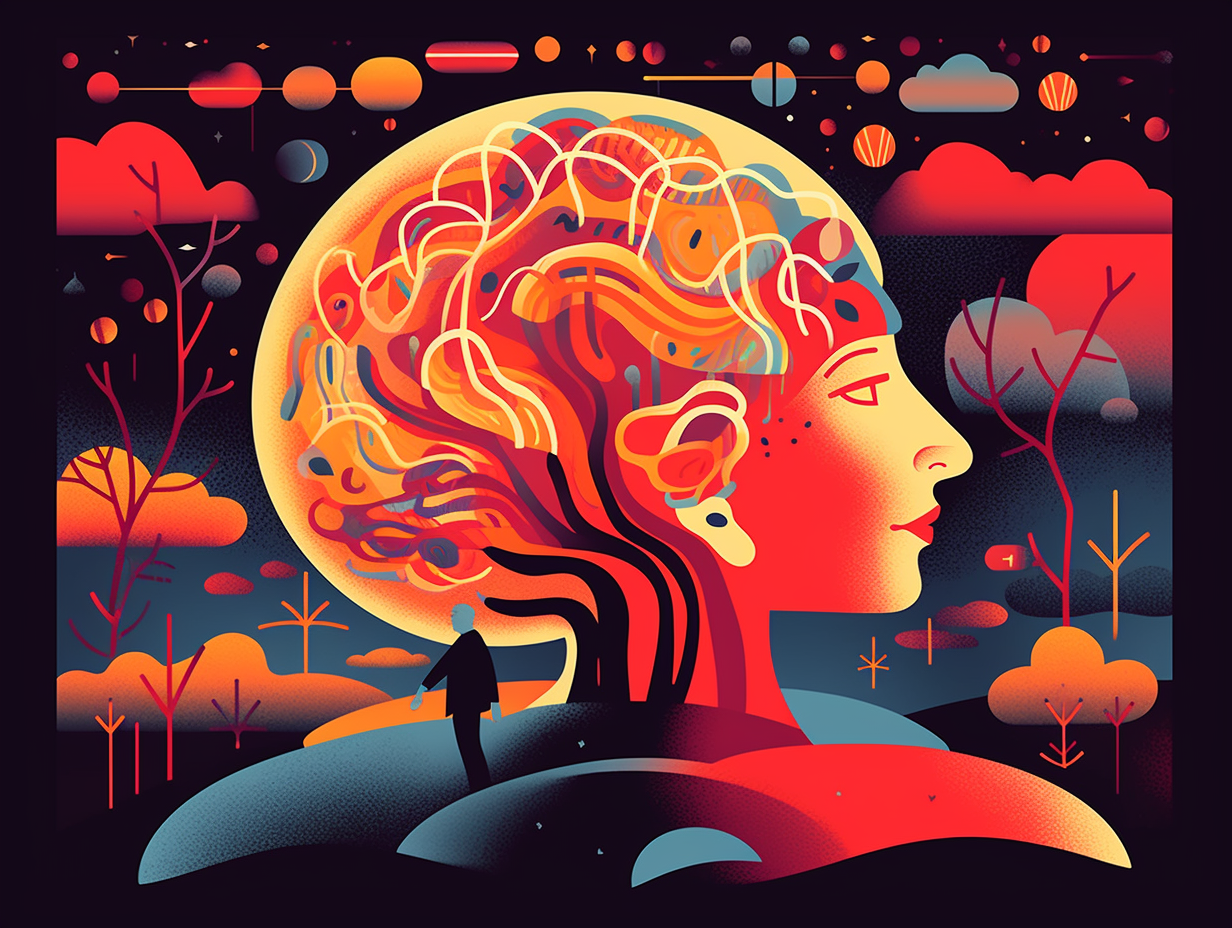
1. Brains Love Sugar
Did you know that brain cells run on sugar and have a real sweet tooth? Unlike your grandpa's old radio, this powerful organ doesn't need batteries to keep on jamming to your favorite tunes: In fact, it's the neurons in the brain that predominantly consume glucose, accounting for 20% of the body's energy supply, debunking the long-held belief that astrocytes, the brain's support cells, were the main culprits.
Source => urmc.rochester.edu
2. Densest Primate Brains
Who says size doesn't matter? Humans, the brainiacs of the animal kingdom, beg to differ: Our noggins, though smaller than other mammals, pack a mind-boggling 120 billion neurons—making us the proud owners of the most densely populated primate brains of their size.
Source => ncbi.nlm.nih.gov

Discover the dynamic duo of neurons and neurotransmitters that can give Flash a run for his money! Learn how they use their speedy electrical signals and charming messenger molecules to transmit information in the nervous system. Don't miss out on the fun!
=> Fun Facts about The-Nervous-System
3. Speedy Image Processing
If you thought your super-speedy last-minute exam cramming was impressive, think about your brain cramming an entire image faster than you can say "cheese": The human brain can process complete images in just 13 milliseconds, a speed that shatters MIT neuroscientists' previous estimates of 100 milliseconds. Published in Attention, Perception, and Psychophysics, this study highlights the mind-boggling efficiency of our brain and reminds us that we're better equipped for processing Instagram-worthy holiday snaps than we thought!
Source => cbsnews.com
4. Massive Brain Storage
In the age of the internet, one might say our brains have the ultimate cloud storage, with enough capacity to put your favorite search engine's servers to shame: In fact, the human brain can store a whopping 2.5 petabytes of data, equivalent to over two million gigabytes of information, according to Scientific American.
Source => medanta.org

5. Sleeping Memory Consolidation
Snuggle up and soak in the knowledge, brainiacs, because even in dreamland, our noggins are hard at work: Memory consolidation happens during sleep, with our trusty hippocampus and neocortex networks harmoniously storing fresh memories for future use, all while we slumber through different states of consciousness.
Source => pnas.org
6. Sleep Paralysis
Feeling a little stiff in the morning? You've got your brain's "sleep paralysis" to thank for that: During REM sleep, our body enters a state of complete paralysis as areas of the brain responsible for movement deactivate, preventing us from enacting our dreams and accidentally karate-chopping our sleeping partners.
Source => winstonmedical.org
7. Meditation Brain Boost
Who knew Buddha was onto something when he sat under that tree for so long? Turns out, he might have been giving his brain a full-fledged Barry's Bootcamp without breaking a sweat: By engaging in just a few minutes of daily meditation, not only can we reduce stress and anxiety, but we can also improve our memory and processing power – all without lifting a finger (except maybe to turn off our phones)!
Source => summahealth.org
8. Escaping Sleep Paralysis
Ever feel like you're trapped in a B-movie where your body's been possessed by an invisible force? Sleep paralysis: a temporary and harmless condition where you're conscious but unable to move, often associated with disorders like narcolepsy and caused by factors such as sleep deprivation, obstructive sleep apnea, and shift work. There's no foolproof remedy, but trying to move a finger can help you snap out of it faster!
Source => my.clevelandclinic.org
9. Left vs. Right Brain Myth
If you've ever accused your left brain of being an obsessive planner and a control freak, you might just be barking up the wrong hemisphere: Contrary to popular belief, both the left and right sides of the brain work together for a wide variety of tasks, and it's actually the corpus callosum in charge of bridging the gap between these two misunderstood lobes.
Source => verywellmind.com
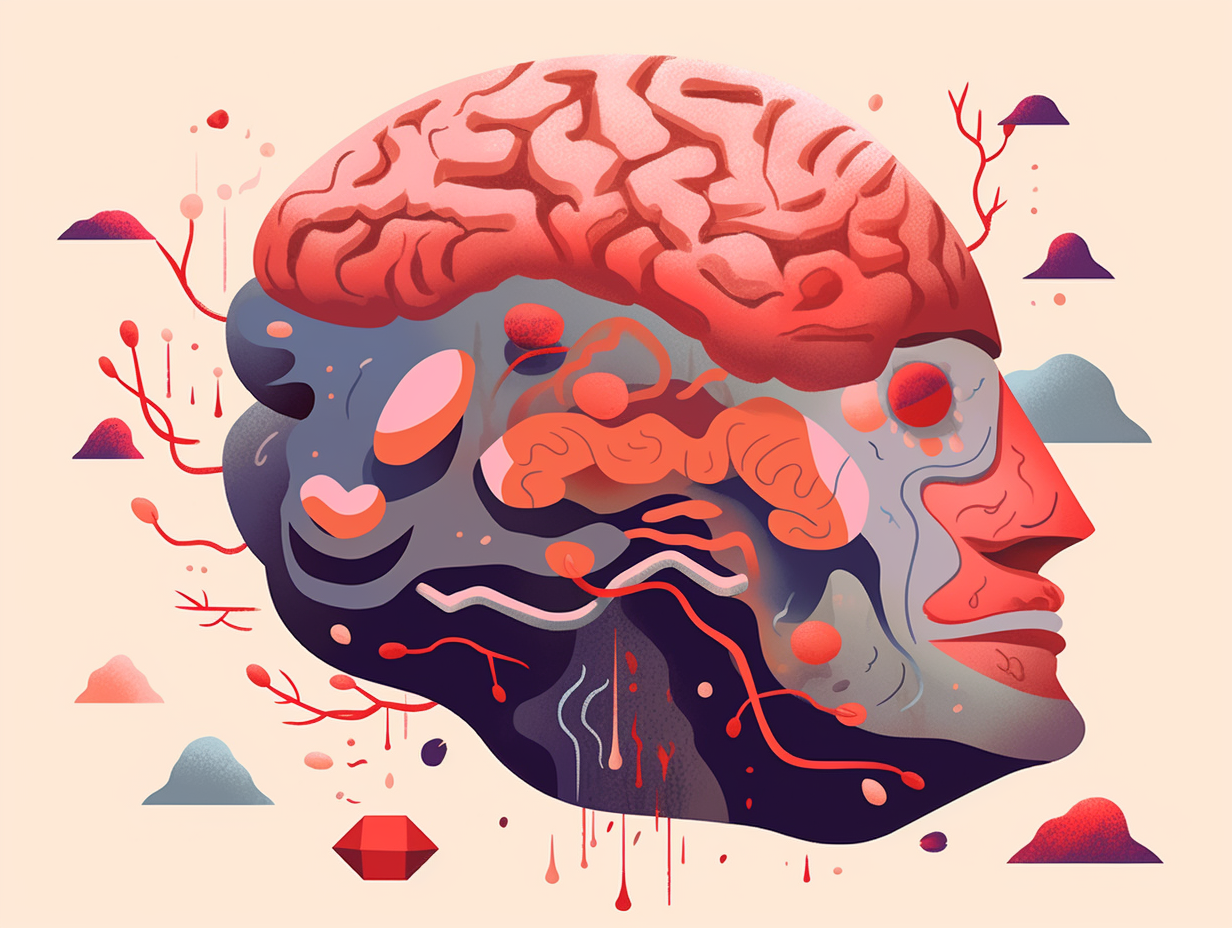
10. United Brain Power
In a shocking twist that would leave Dr. Jekyll and Mr. Hyde with an identity crisis, our noggins have cooked up a master deception : The infamous right brain/left brain theory is nothing more than a myth! Research has demonstrated that both hemispheres of the brain work together like a dynamic duo, performing a variety of tasks and communicating through the corpus callosum. So, both analytical and creative thinkers can rejoice knowing that their entire brain is in on the party, not just a single hemisphere.
Source => verywellmind.com
11. Daydreaming = Creativity
Heads in the clouds may not be a bad thing after all: research proves that frequently indulging in personally meaningful or fantastical daydreams is directly linked to increased creativity and inspiration, so don't let anyone try to cloud your reveries!
Source => behavioralscientist.org
12. Glucose-Guzzling Brain
If your brain were a luxurious banquet, it would be eating like a king, consuming glucose like it's going out of style: The brain gobbles up an impressive 5.6 mg of glucose per 100 g of brain tissue per minute, making it the most energy-hungry organ in our body. This glucose binge serves as fuel for not only cellular maintenance but also neurotransmitter synthesis, ensuring an agile mind and pumping up the volume on information processing and learning.
Source => ncbi.nlm.nih.gov
13. The Migraine Connection
Holy headache, Batman! It turns out migraines can be a family affair, and those pesky pains target female 30-somethings like rubber ducks in a shooting gallery: The reality is, migraines can be hereditary and 38 million Americans suffer from them, with women in their 30s being three times more likely to experience these debilitating aches. Those with migraines are also four times more likely to suffer from depression and anxiety – a migraine-inducing combo. Fear not, though – the OHSU Headache Center is here to save the day with treatments that'll have you singing "na na na na na na na na, bye-bye pain!"
Source => ohsu.edu
14. Caffeine's Dopamine Tango
Caffeine has a secret superpower; it seduces our brain's neurotransmitters into a sultry dance of never-ending tango: Caffeine increases dopamine levels indirectly by preventing its reabsorption, raising the mood, and causing addiction to the chemical waltz.
Source => driftaway.coffee
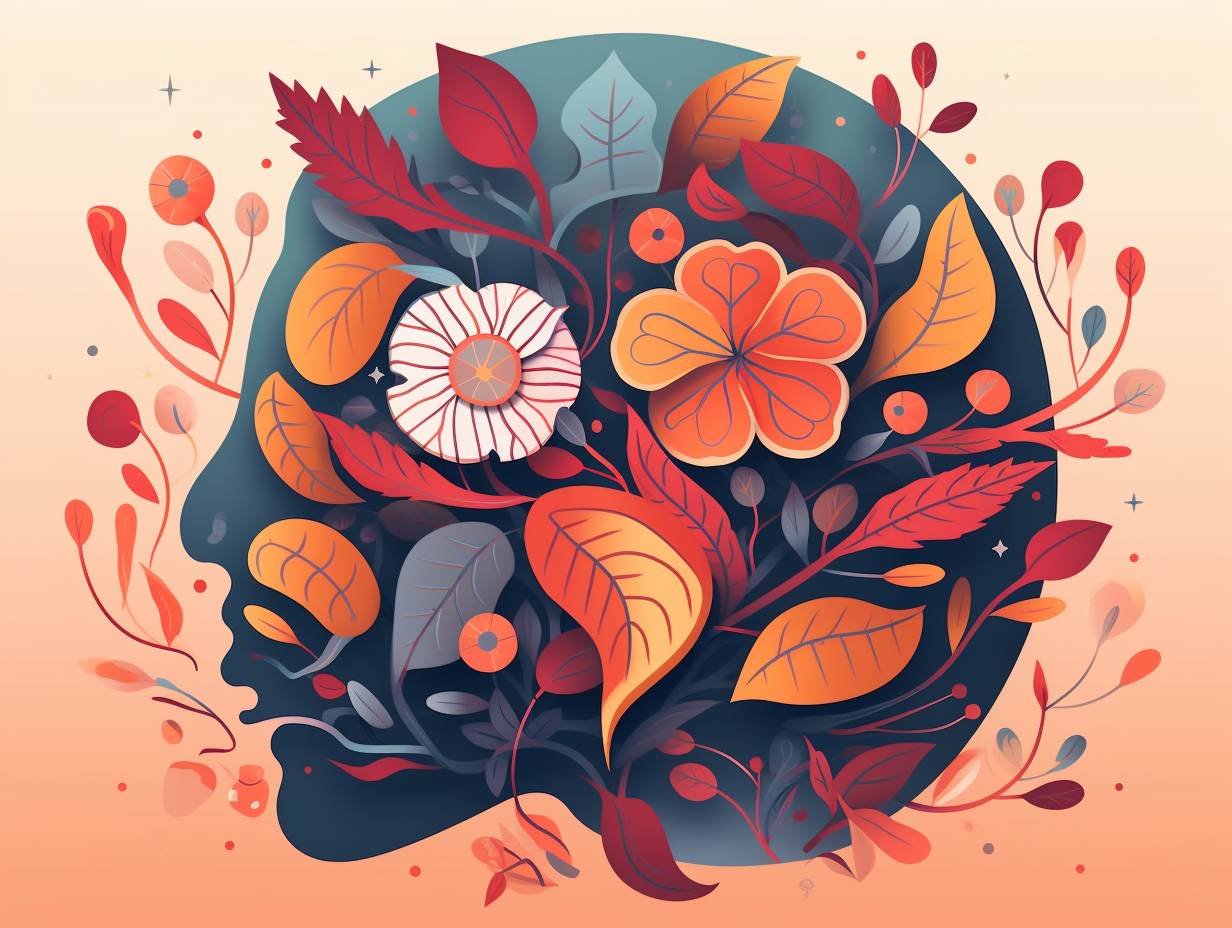
15. DJ Brainy's Neural Tunes
Ever wondered if our brains have a secret party trick? Well, it turns out they can play their own version of "DJ Brainy," spinning the tracks of neural activity that make us feel good: Researchers have found that our brains can learn to repeat specific patterns of neural activity linked to pleasure, releasing the all-time favorite hit, dopamine. This discovery could help better understand and treat disorders like addiction and obsessive-compulsive disorder (OCD) by remixing patients' neural-activity patterns.
Source => zuckermaninstitute.columbia.edu
16. Exercise for Cognitive Boost
Jog your memory by literally jogging: Regular physical exercise has been proven to enhance cognitive functions such as memory, problem-solving, concentration, and attention to detail.
Source => health.harvard.edu
17. Neuroplasticity and Learning
Who says you can't teach an old dog new tricks? Our brain's got a knack for remodeling like a pro interior designer on a caffeine binge: Neuroplasticity enables us to learn, remember, and adapt by creating new neurons in the hippocampus and amygdala, potentially leading to new treatments for conditions like depression and anxiety disorders. Even in our golden years, pumping up the exercise routine can stimulate more new brain cells and improved memory, offering hope in preventing and reversing dementia. So dust off those jogging shoes and keep that brain young and sprightly!
Source => qbi.uq.edu.au
18. Billion-Neuron Kitchen
If our brains were award-winning chefs, they'd run a kitchen with more staff than even Gordon Ramsay could yell at: With a whopping 86 billion neurons and just as many nonneuronal cells, the human brain might be smaller than some other mammals', but it boasts an unprecedented level of cellular connectivity, granting us superior cognitive abilities and metabolic prowess.
Source => ncbi.nlm.nih.gov
19. Multitasking-Induced Zombies
Ever feel like you're playing Whac-A-Mole with your tasks, just to end up feeling like a sleep-deprived zombie? Brace yourself for some spooky news: Multitasking can lead to a significant decrease in IQ, similar to the effects of staying up all night. University College London found that multitasking causes IQ scores to plummet, with some participants experiencing a drop of up to 15 points - equivalent to the average IQ of an 8-year-old child. So, focus on one task at a time, or risk becoming the living dead of cognitive performance!
Source => linkedin.com
20. Nutrient-Rich Brain Foods
Feeling a bit nutty, clueless about eggs, or just plain lost at sea when it comes to preserving your precious gray matter? Fear not, for food is your brain's secret admirer: Consuming nutrient-dense edibles like leafy greens, lamb, eggs, salmon, blueberries, and walnuts, packed with vitamins, minerals, antioxidants, flavanols, polyphenols, and omega-3 fatty acids, can boost cognitive function and help ward off age-related brain decline, including dementia and Alzheimer's disease, according to a 2019 study in Public Health Nutrition.
Source => eatingwell.com
21. Nose for Flavor
You might say our brains have a nose for flavor, quite literally: Smell and taste are intimately connected, as olfactory signals from odors take a direct path to the limbic system, which includes the amygdala and hippocampus responsible for emotion and memory. This means that those complex flavors your taste buds take credit for are actually thanks to your sense of smell. Give it a whirl by pinching your nose while eating ice cream and you’ll find all that’s left to taste is sweetness.
Source => news.harvard.edu
22. Brain's Time Travel Ability
Ever wish you could time travel, say, back to last Friday night? Well, you've been doing it all along, brain style: The posterior region of the medial temporal lobe in our brain activates when experiencing a detailed memory, allowing it to retrieve temporal codes and making nearby memories more accessible. This groovy process is called "reinstatement," and it's even more flexible than a computer's search history function!
Source => news.vanderbilt.edu
23. Brain Freeze Immunity
Ever heard of "brain immunity"? Well, some lucky folks might just possess an ice cream superpower: Turns out, brain freeze doesn't affect everyone because their trigeminal nerves are actually less sensitive than others. As a bonus (or not), migraine sufferers have a higher likelihood of being plagued by this frosty noggin' nuisance!
Source => hackensackmeridianhealth.org
Related Fun Facts



